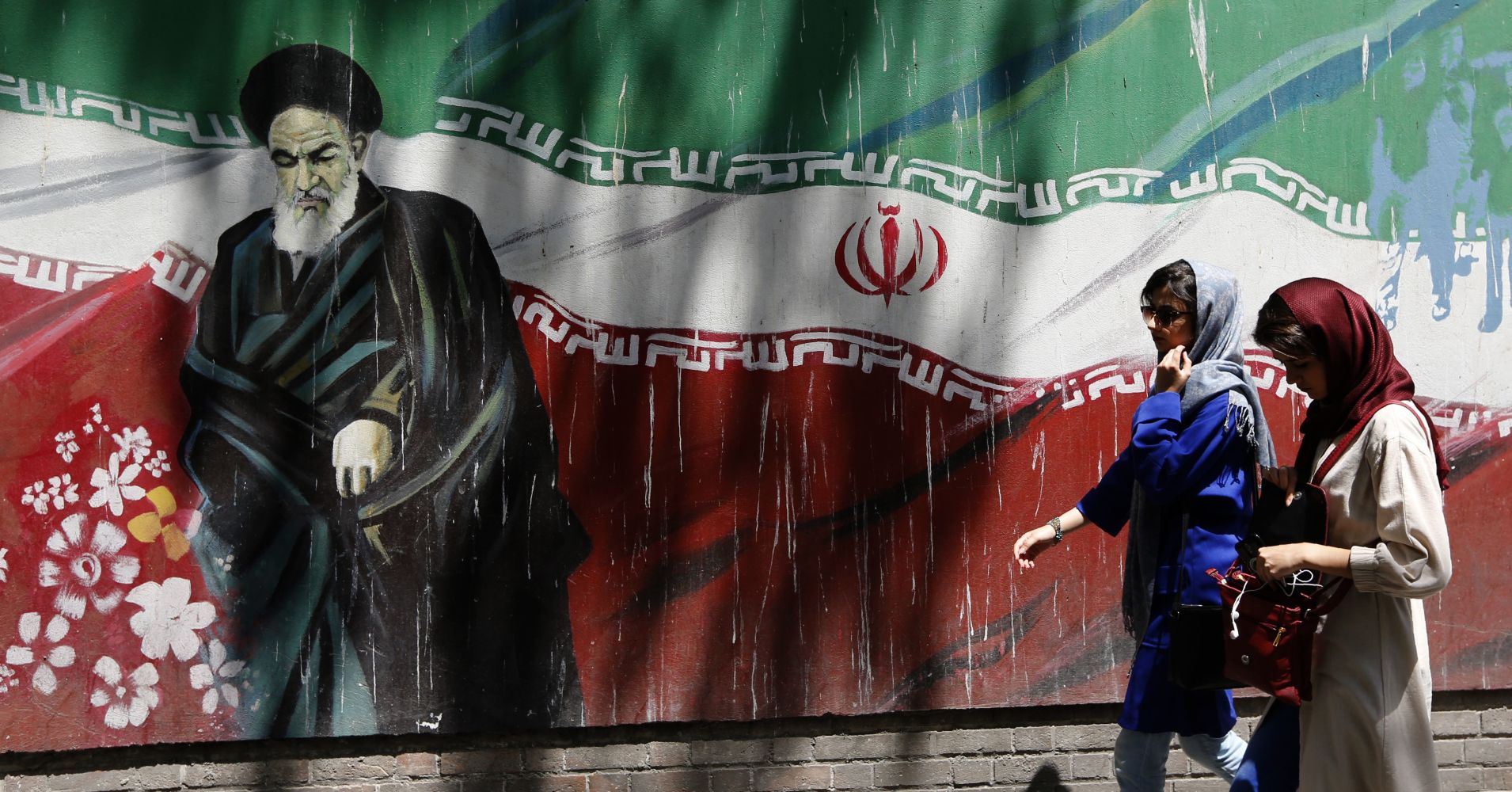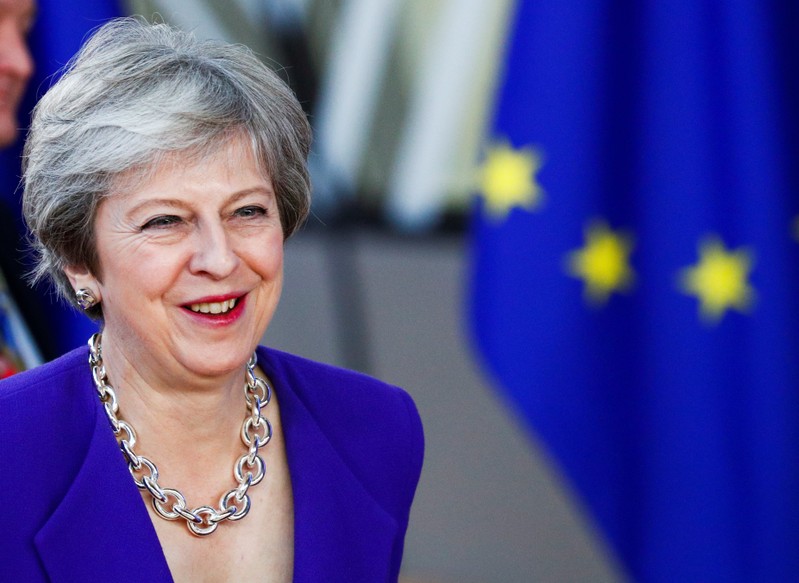
Saudi Arabia’s alleged involvement in the disappearance of U.S.-based journalist Jamal Khashoggi could place Riyadh’s longstanding rival Iran at an advantage.
A linchpin of America’s foreign policy in the Middle East, Saudi Arabia is a crucial component of President Donald Trump’s plan to isolate Iran. The White House needs Riyadh to stabilize the energy market when U.S. sanctions on Iranian oil production take place in November.
But if the U.S.-Saudi relationship turns sour over accusations that Riyadh killed Khashoggi, Trump’s strategy may not go as planned — and that could lead to economic and political gains for Tehran.
“The fallout from Jamal Khashoggi’s disappearance is the latest political misstep from Saudi Arabia that will geopolitically benefit Iran,” Sanam Vakil, a senior consulting research fellow at U.K. think tank Chatham House, wrote in a note this week. “Saudi Arabia has already threatened to retaliate against [U.S.] sanctions by using its leverage here, and oil prices have accordingly risen, thereby benefiting Iran in its last few weeks of oil sales before sanctions take effect.”
Khashoggi, a Washington Post columnist and Saudi national, was a critic of the kingdom’s Crown Prince Mohammed bin Salman. He was last seen entering the Saudi consulate in Istanbul on Oct. 2. Turkish officials allege that he was murdered by a team of Saudi operatives, but Riyadh has denied those accusations.
There have been growing calls for the U.S. to punish Riyadh if the allegations were found to be true. “What I would do, I know what I’m going to do, I’m going to sanction the hell out of Saudi Arabia,” Republican Senator Lindsey Graham from South Carolina said on Tuesday. Trump, whose close links to the kingdom has been scrutinized, may now be forced to act amid international and domestic pressure.
Earlier this year, Saudi Arabia, the world’s largest oil producer, promised Trump that it would hike oil supplies to help offset supply losses from Tehran and ease prices. But if the U.S. punishes Riyadh, that could push the kingdom to withhold oil supplies and allow prices to spike — a move that may boost Iranian coffers.
Iranian crude is already selling at more than $80 per barrel, Iranian Vice President Eshaq Jahagiri told local media this week. That means even with crude exports halved, the country will still have the same income as before, he added.
In a statement on Sunday, Saudi Arabia’s Foreign Ministry said that “if it receives any action, it will respond with greater action.” It also warned that “the Kingdom’s economy has an influential and vital role in the global economy” — a phrase that some observers interpreted as a veiled threat. The next day, the Saudi embassy in Washington, D.C. urged the international community to avoid jumping to any conclusions.
The statement avoided any direct reference to using oil as a weapon but “it’s clear that was the subtext,” Mohammed Ayoob, a senior fellow at the Center for Global Policy and professor at Michigan State University, wrote in a Tuesday note published on the Australian Strategic Policy Institute. The kingdom has previously used energy as a political tool, most famously during the 1973-1974 oil embargo.
“A Saudi decision to cut oil production even by as little as 10% could send international energy markets into turmoil with oil prices rising well above US$100 immediately,” Ayoob warned. Such a development, he said, would likely make Iran “the primary beneficiary of the Khashoggi affair.”
Oil aside, Tehran may also score a political win if U.S.-Saudi ties weakened.
Iranian President Hassan Rouhani “can allow this situation to distract from arguments over the nuclear agreement, Iran’s interference throughout the region and its ballistic missile program,” Vakil said. A U.S.-Saudi rupture could fracture regional coordination efforts to contain Iran while simultaneously allowing the regime to “reap the gains of international criticism against its longstanding regional antagonist,” which is Riyadh, Vakil added.
While Trump’s alliance with Saudi Arabia has long been questioned amid the kingdom’s spotty human rights record, the Khashoggi case now shines a greater spotlight on the purported misdeeds of a key U.S. ally in the Middle East.
As the world learnt about Khashoggi’s disappearance, Secretary of State Mike Pompeo criticized Iran’s “malign behavior” in a Foreign Affairs magazine op-ed, accusing the Islamic Republic of terrorism and identifying it, alongside Pyongyang, as two of Washington’s top threats.
Pompeo’s article “came just at the moment when America’s ally in the region was caught with its pants down regarding Khashoggi,” Robert E. Hunter, a former U.S. ambassador to the the North Atlantic Treaty Organization, said in a note published on analysis website Lope Log, part of the Institute for Policy Studies.
“If that isn’t ‘malign behavior’ and ‘terrorism,’ what is?” Hunter wrote, referring to Riyadh’s alleged involvement in the Khashoggi case.

